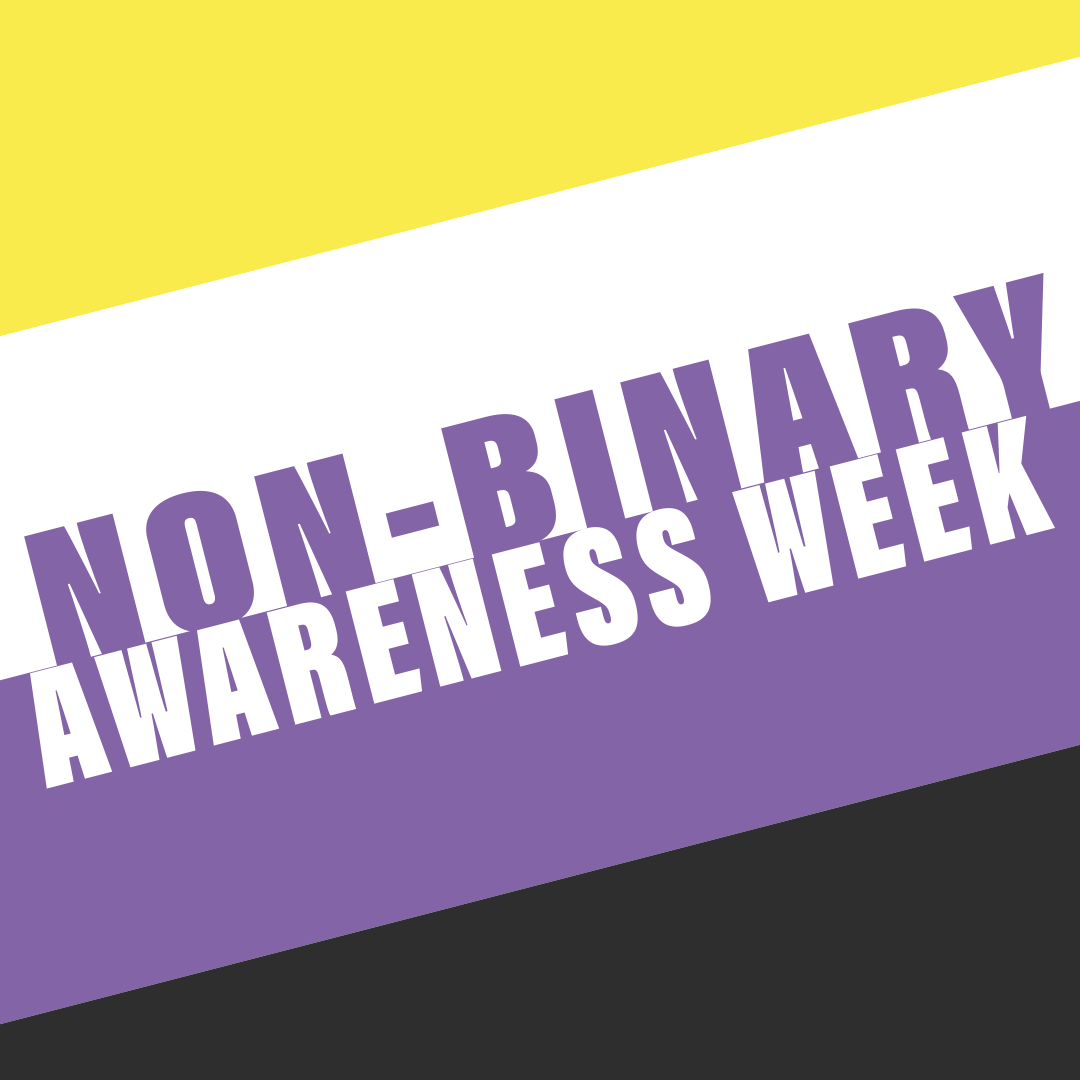What is non-binary awareness week?
Non-binary Awareness Week is a dedicated time to raise awareness and visibility of non-binary individuals, their experiences, and the challenges they face. This week-long observance aims to educate and promote understanding about non-binary identities and foster inclusivity.
Non-binary Awareness Week typically takes place during the second week of July each year. It serves as an opportunity for individuals, organizations, and communities to engage in discussions, share resources, and advocate for the rights and well-being of non-binary people.
Who is a non-binary person?
A non-binary person is an individual who does not exclusively identify as male or female. While society traditionally recognizes two genders, male and female, non-binary individuals may identify as a gender outside of this binary spectrum. Non-binary people may have a gender identity that is fluid, or they may identify as agender (without a gender), genderqueer, gender fluid, or other non-binary identities.
Non-binary person’s experience and identity can vary. Some non-binary individuals may use specific pronouns like “they/them,” while others may choose different pronouns that align with their gender identity. Non-binary people may express their gender identity through their appearance, clothing, name, or other aspects of their personal expression.
Supporting non-binary persons
Supporting the non-binary community involves creating an inclusive and affirming environment where non-binary individuals feel valued, respected, and accepted. There are many ways of showing support to the non-binary community e.g.
- Fostering safe and inclusive spaces where non-binary individuals feel comfortable expressing themselves authentically.
- Speaking up and advocating for the rights and inclusion of non-binary individuals in various contexts. Supporting policies and legislation that protect their rights, including legal recognition, healthcare access, and protection against discrimination. Using your voice to raise awareness and challenge societal biases and prejudices.
- Sharing and amplifying the voices, experiences, and achievements of non-binary individuals. Using your platform or social media presence to promote non-binary visibility and challenging stereotypes. Encouraging and supporting non-binary individuals to share their stories and perspectives.
- Actively supporting and standing up for non-binary individuals when you witness discrimination, bias, or exclusion. Educating others about non-binary identities and challenge misconceptions or harmful attitudes. Showing solidarity and listening to non-binary voices and experiences.
Using inclusive language to show understanding of the non-binary community.
The English language can be very gendered, and this can mean that we sometimes use language that can make non-binary people feel excluded or unwelcome, even when we don’t mean to. Non-binary inclusive language is a form of communication that acknowledges and respects individuals who identify as non-binary, meaning they do not exclusively identify as either male or female. Using inclusive language helps create a more inclusive and welcoming environment for non-binary people and promotes gender diversity.
Let’s have a look at some of the guidelines to using non-binary inclusive language;
- Pronouns: Respect and use an individual’s preferred pronouns. In addition to the traditional binary pronouns “he” and “she,” non-binary individuals may prefer gender-neutral pronouns such as “they/them,” or other pronouns of their choosing. Always use the correct pronouns when referring to someone.
- Titles: When referring to a group of people or addressing individuals whose gender is unknown, use gender-inclusive titles. Instead of using gendered terms like “guys” or “ladies,” opt for gender-neutral terms like “folks,” “everyone,” or “friends.”
- Gendered language: Be mindful of gendered language and try to use neutral alternatives whenever possible. For instance, instead of using “manpower,” use “workforce” or “staff.” Instead of “mankind,” use “humanity” or “people.”
It’s important to keep learning, growing, and being open to feedback from the non-binary community. By actively supporting and advocating for the non-binary community, you contribute to a more inclusive and accepting society for all gender identities.

